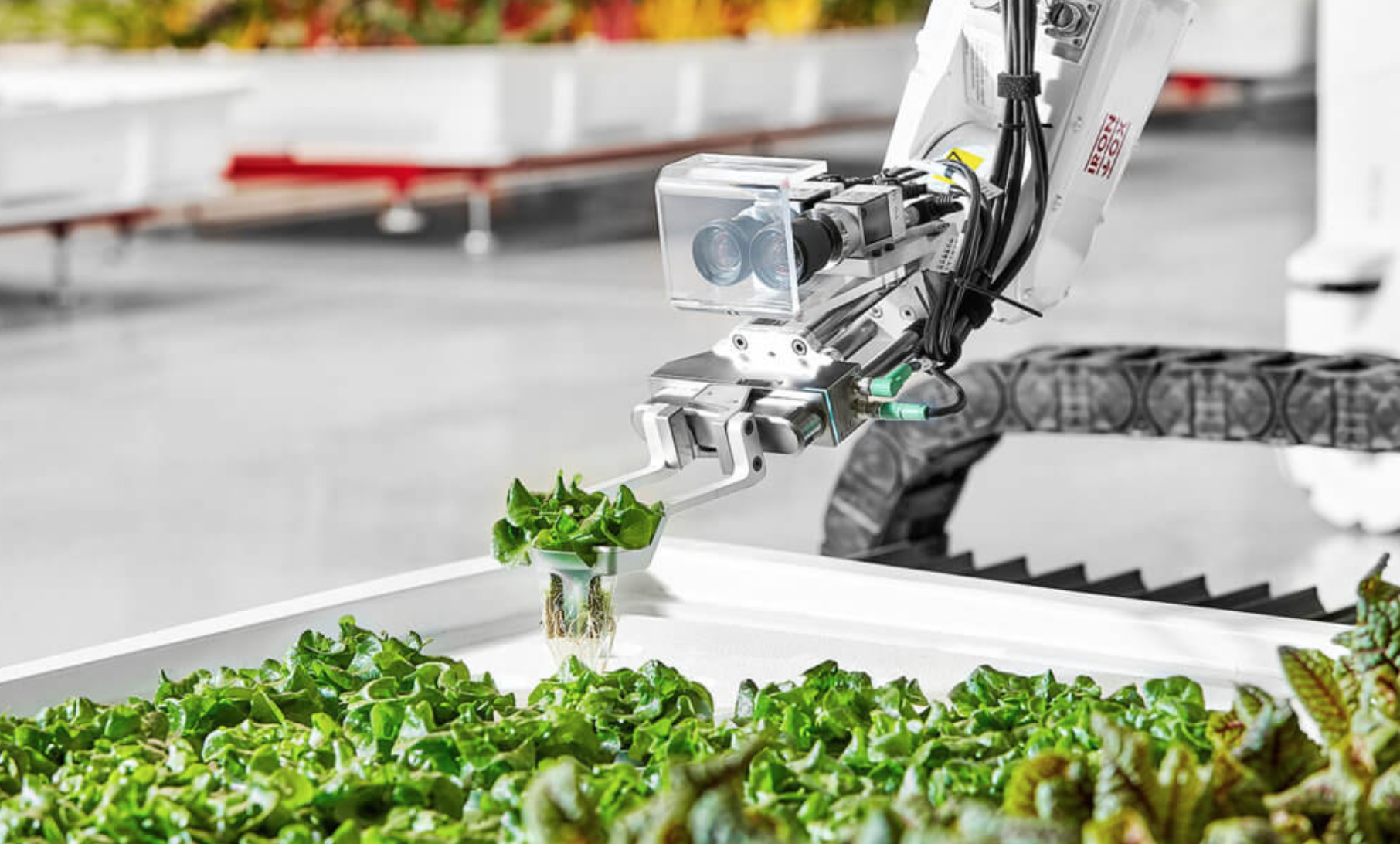For the vast majority of history, most people have worked in agriculture putting in long, grueling hours simply to ensure survival. The America of the year 1800 employed 83% of the workforce in this manner. How times have changed. We have moved from scarcity to abundance in large part due to the uncanny success of technology and there is no sign of it letting up. If anything, the pace of innovation in farming is accelerating the way it is in many other technological sectors such as manufacturing or medicine. By 1900, the number working on farms dropped to less than 40% and today it is around 1% and still falling. Once subservient to the tyranny of natural cycles, weather and seasons, today we routinely bio hack foods and simulate optimal growing environments to produce virtually anything we want–anywhere and at any time. In season, out of season, matters little in the age of hydroponics and smart automated greenhouses. The traditional pacing and spacing of planting and harvesting now converge. Any stage of the process can happen at any time as we achieve greater virtuosity and ubiquity in our agrotechnological deployments. Given the challenges of tilling rocky fields with ox-drawn plows, it is hard to imagine anyone prescient enough to forecast the modern mastery witnessed in some of our newest agricultural facilities, yet, there is a curious passage from out of antiquity in the book of Amos (9:13) whereby a time is anticipated wherein “the plowman will meet the reaper….” In the Rabbinical commentary tradition, the verse insists on an age of such massive production that we are still gathering the yield of one crop even as we prepare to plant another. Literally and figuratively, we are accustomed to long periods before we see a return on our investments. They need time to gestate and grow. But this is less of the case in our rapid world of rapid economic exchange. Not only can we grow fresh food out of season, but we can abolish the contingency of seasons and even climate altogether. Inputs and output overlap, merge and become indistinguishable. Our payback period gets shorter and shorter. One might even hazard to suggest, as the Sages of the Talmud did nearly 2000 years ago (Ketubot 111B), that the quixotic dream of ‘instant profits’ may soon be realized with all business cycles shortening, and the day is upon us when ‘the cake leaps forth from the ground’ all ready to eat.
(Header Image: www.ironox.com)



